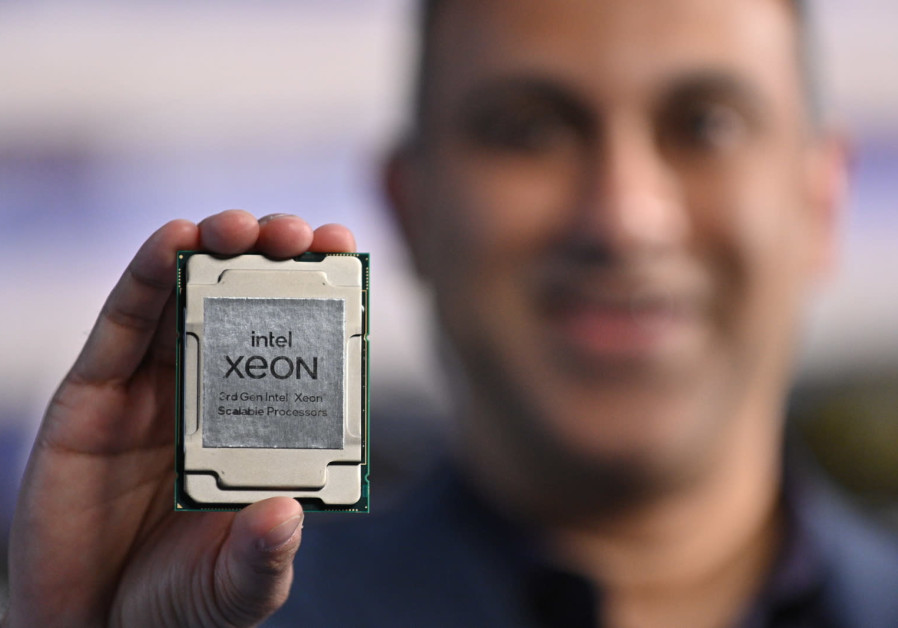The core of Intel's new Ice Lake processor for cloud servers was developed at the company’s Israeli headquarters, and manufacturing is being done at the company’s Kiryat Gat facility.
The new third-generation Xeon server processors are considered a significant upgrade from previous processors, with up to 46% better performance, the company said.
The processor includes a number of other technologies developed in Israel, including cybersecurity technology for protection against hackers, as well as another chip, code-named Columbiaville, which allows data to be transferred between servers at speeds of up to 200 gigabits per second, the company said. The development of these processor cores was done by the Compute group of Intel Israel. More than a billion cores of the processor have been installed in various cloud services since 2013, Intel said.

Israeli web advertising giant Taboola and Kfar Saba-based Lightbit labs are among the first companies using the new technology, Intel said.
In January, Intel introduced a new system that allows people to withdraw money from ATM machines by facial recognition, designed at the chipmaker’s development center in Haifa, the company said. The company employs some 13,700 workers across five centers in Israel, including at Mobileye, which it acquired for $15.3b. in 2017.
